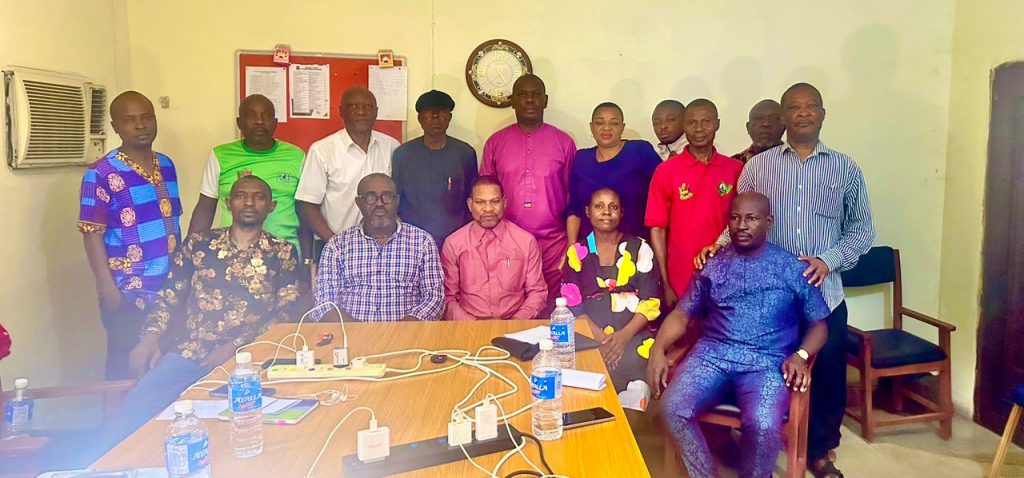Elizabeth Vincent, Yenagoa
The Bayelsa state health insurance scheme (BHIS) was established in June 2014. On september 14 of the same year, the first premium payment was made by then governor Henry Seriake Dickson, marking the formal commencement of the scheme initially 120,000 civil servants were enrolled in the program.
One of the major challenges facing the BHIS today is the rising rate of inflation in Nigeria, which significantly hampers its ability to deliver the expected level of healthcare services to beneficiaries.
Following a restructuring, the scheme became fully operational in 2017 under the administration of governor Dickson, who now serves as the senator representing Bayelsa west senatorial district, the BHIS was initially designed to provide health insurance coverage to all state civil servants, but its scope has since expanded to include individuals in the informal sector across the state.
Speaking during a correspondents’ forum organized by the federated correspondents’ chapel (FCC) of the nigeria union of journalists (NUJ), Bayelsa state council, the executive secretary of BHIS, Dr. Zuoboemi Agadah a cardiologist stressed the importance of national control over pharmaceutical companies and healthcare technologies in achieving universal health coverage (UHC).
“We operate under a social health insurance model, where everyone contributes,It’s a system based on social solidarity and equal access to healthcare, Dr. Agadah explained.
He lamented that countries which have successfully achieved UHC are those with strong control over inflation,unlike in Nigeria, where inflation is out of control, other countries have mechanisms to keep it in check.
Unfortunately, while inflation continues to rise the deductions from civil servants salaries have remained the same from 2017 to 2024,this presents a serious challenge.
Dr. Agadah noted that hospitals are now struggling to provide services at the current reimbursement rates,for example, in 2017, a drug like Augmentin cost less than ₦1,000. today sells for ₦25,000 or even ₦30,000,no government can sustain healthcare delivery under such conditions,he warned.
Address this, BHIS is planning to establish a central drug distribution system and a drug management organization, according to him the aim is to source medicines directly from major distribution centers or manufacturers.
This will ensure lower prices, quality assurance, and accountability,every hospital in the state would source drugs from this centralized system, eliminating random vendor purchases and ensuring traceability in case of any drug related issues.
Dr. Agadah emphasized the need for increased funding to enable the scheme to reach more people,he revealed that BHIS has recorded over 200,000 enrollees between 2017 and 2024, with more than 100,000 of them being civil servants,the rest are drawn from various informal sectors.
Civil servants contribute 2% of their salaries to the scheme, while those in the informal sector pay ₦2,000 monthly or ₦24,000 annually,once enrolled in BHIS, everyone is treated equally regardless of their financial status, Dr. Agadah said.
The scheme currently has 203 accredited healthcare facilities, comprising 97 hospitals and 106 health centers spread across all wards in Bayelsa State, BHIS also partners with the national association of proprietors of private schools (NAPPS) and various artisan groups to broaden coverage.

